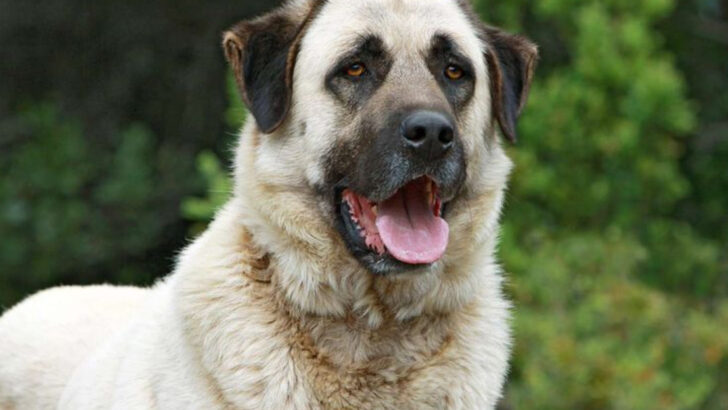Not all dogs are built for cuddles and fetch.
Some are born to guard, endure, and protect with a level of loyalty that borders on legendary.
Enter the Anatolian Shepherd Dog—known in its homeland as the mighty Kangal. This isn’t your average backyard pup. It’s a lion-hearted sentinel with centuries of instinct baked into its DNA.
Bringing one home isn’t just adopting a pet. It’s welcoming a force of nature.
Before you fall for their noble stare and muscular build, there are a few things you really need to know. These dogs demand respect, space, and purpose. Skip the research, and you may find yourself completely outmatched.
Ready or not, here come twelve hard truths that could make—or break—your future with this awe-inspiring guardian
The Gentle Giant
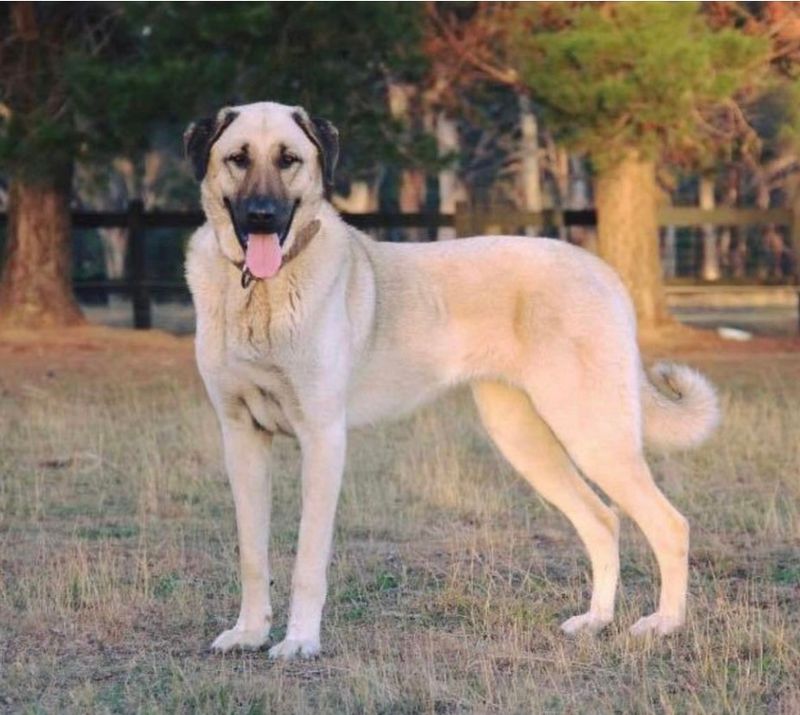
Known as the gentle giant, the Anatolian Shepherd Dog combines strength with a calm presence. Despite its intimidating size, this breed is affectionate and protective. Many find its calm gaze reassuring.
Raising a Kangal involves patience and understanding of its independent nature. Its loyalty can turn into a strong protective instinct. However, it’s essential to socialize them early to prevent over-guarding tendencies.
This breed has a rich history as a shepherd in Turkey. Did you know? Their lineage dates back thousands of years, serving as guardians of livestock.
Independent and Intelligent
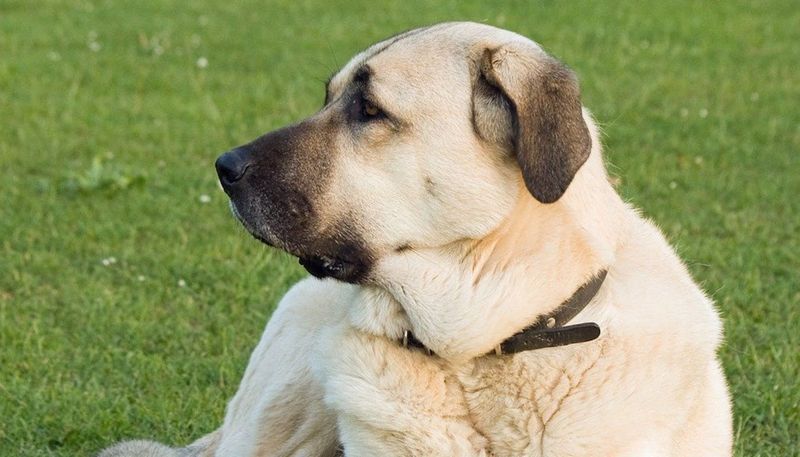
Anatolian Shepherds, with their intelligence, require mental stimulation. Often found observing from a distance, they assess situations before acting. This quality makes them excellent watchdogs.
Their independence means they might not follow commands blindly. This trait requires patience, as they think for themselves. Training must be firm yet gentle, respecting their intelligence.
Historically, Kangals have worked alone, making decisions to protect livestock. This autonomous nature is both a strength and challenge for owners.
Size and Strength
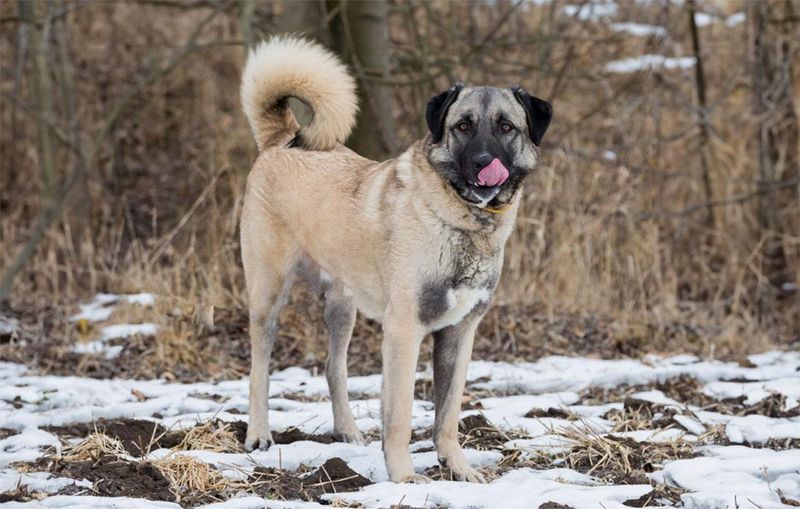
Majestic in size, the Kangal is muscular and powerful. Their large frame and strength require space to roam and exercise. Without it, they may become restless or bored.
Providing them with ample exercise is crucial for their well-being. They thrive in environments where they can run freely and stretch their legs. Apartments may not be suitable.
Fun fact: The Kangal’s bite force is one of the strongest among dog breeds, a testament to their historical role protecting livestock from predators.
Loyalty Beyond Measure
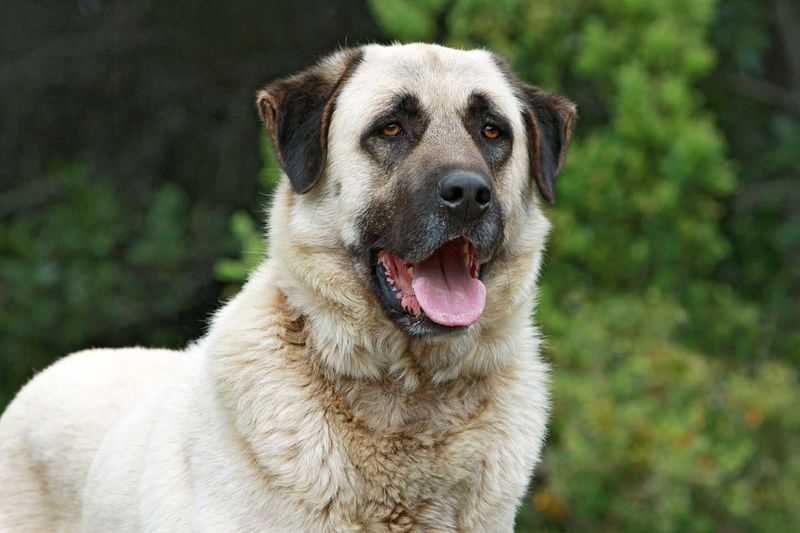
With loyalty beyond measure, Anatolian Shepherd Dogs form deep bonds with their families. They are known to be devoted protectors, watching over loved ones.
This loyalty requires responsible ownership, ensuring they are well-trained and socialized to interact with others. Their bond with family members can sometimes lead to aloofness with strangers.
Historically, their loyalty has been vital. These dogs have traveled alongside nomadic tribes, guarding livestock and families across vast terrains.
Grooming Needs
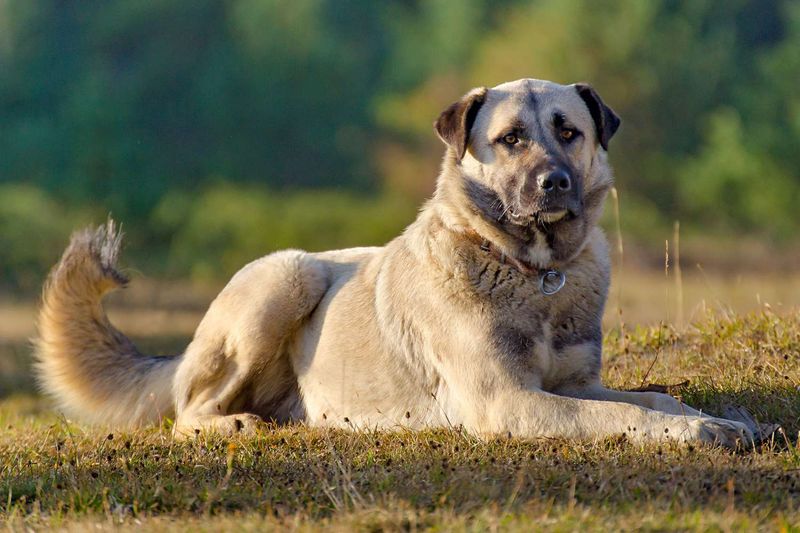
Grooming an Anatolian Shepherd Dog involves managing its thick, double coat. Regular brushing helps reduce shedding and keeps their coat healthy.
Although not overly demanding, grooming sessions are essential to maintain cleanliness and spot potential health issues. During shedding seasons especially, brushing is crucial.
Their coat provides insulation against harsh weather, a trait developed over centuries in Turkey’s varied climate. Regular grooming helps preserve this natural protection.
Socialization is Key
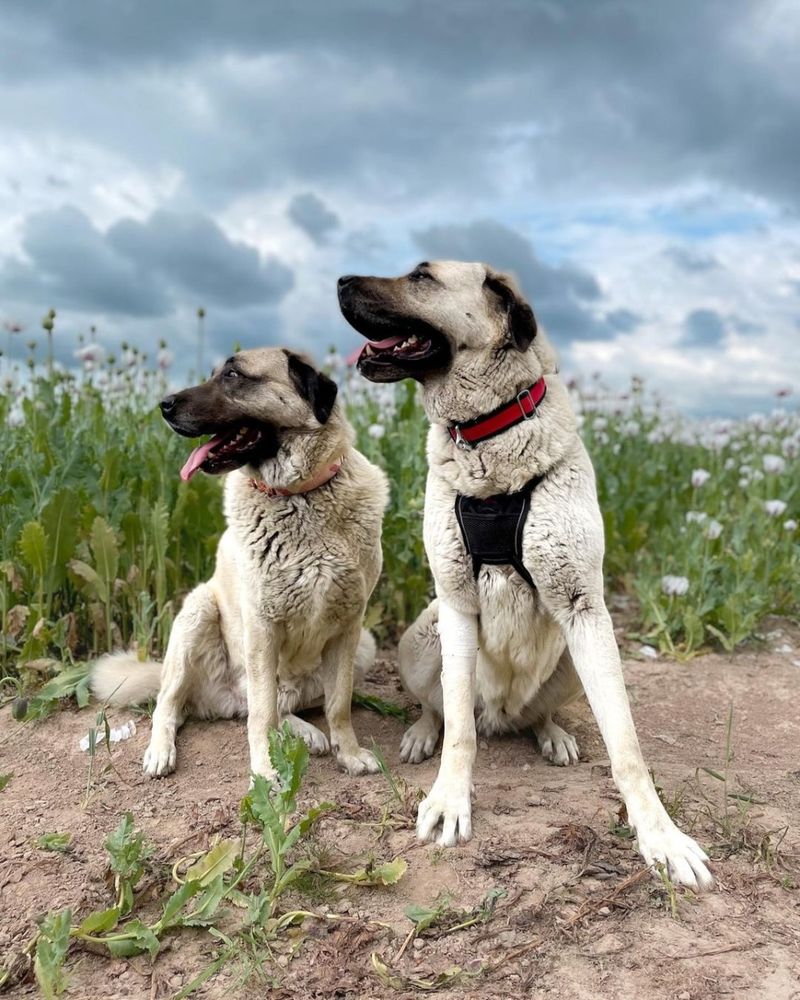
Socialization is essential for Anatolian Shepherds to ensure they grow into well-adjusted adults. Early exposure to diverse environments and people helps prevent over-protectiveness.
Puppies should meet other dogs, different animals, and varied people. This exposure promotes confidence and adaptability, reducing anxiety in unfamiliar situations.
Historically, they guarded livestock in diverse settings, which required adaptability. This flexibility is fostered through consistent socialization efforts from a young age.
Nutritional Needs
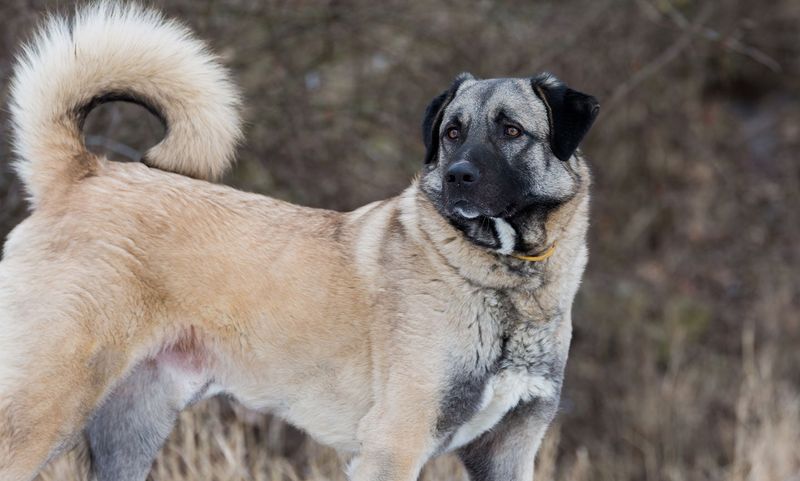
The dietary needs of an Anatolian Shepherd Dog are as substantial as its size. They require a balanced diet rich in protein to maintain muscle and energy levels.
Portion control ensures they do not become overweight, which could stress their joints. Consulting with veterinarians helps tailor their diet to specific health needs.
Their role as working dogs historically meant they consumed diets supporting endurance and strength. Providing high-quality nutrition is essential for their modern counterparts.
Exercise Requirements
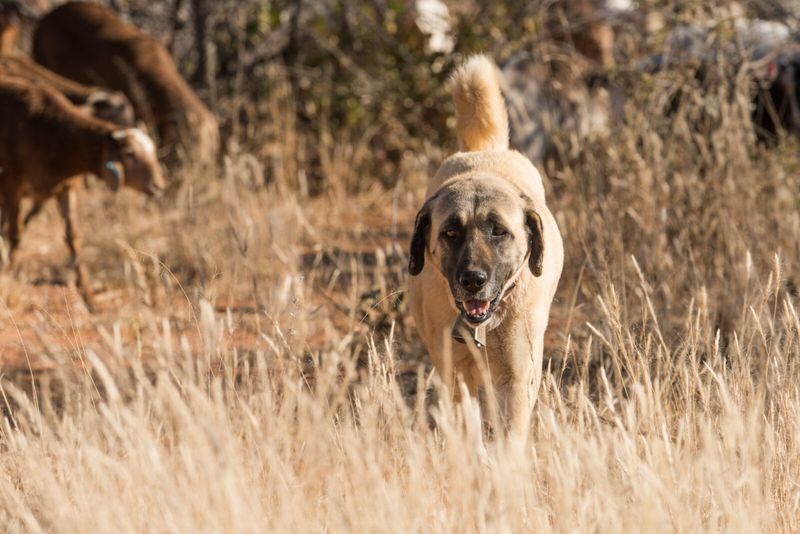
Anatolian Shepherd Dogs have significant exercise needs to match their energy levels. They thrive in environments allowing them to run and explore freely.
Regular walks, play sessions, and mental stimulation are necessary to keep them content. Without exercise, they may become bored or destructive.
Historically, these dogs roamed large areas as livestock protectors. This background means they are best suited for active owners who can provide ample exercise opportunities.
Living Space Considerations
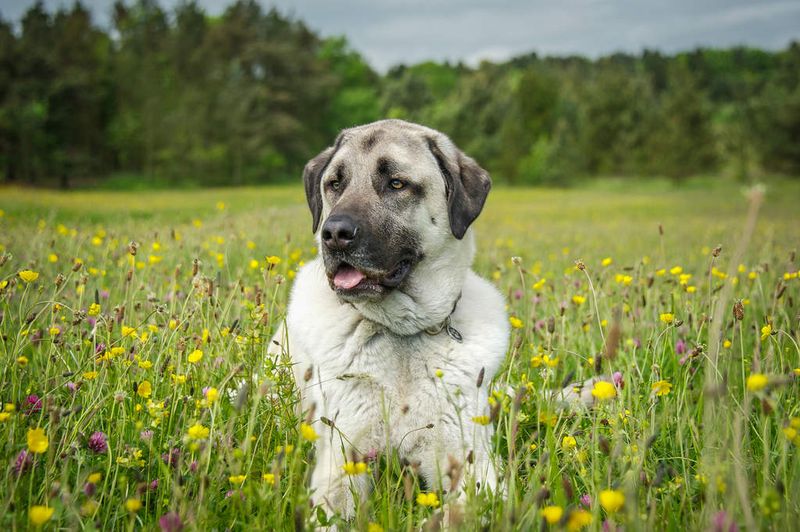
Anatolian Shepherds need plenty of space to thrive. Their size and energy levels mean confined spaces, like small apartments, are less than ideal.
A large yard or access to open areas is beneficial. This space allows them to move freely and engage in natural behaviors, such as exploring and guarding.
Their historical role involved roaming vast landscapes. Providing a similar environment helps them stay mentally and physically healthy, ensuring a happier life.
Training Techniques
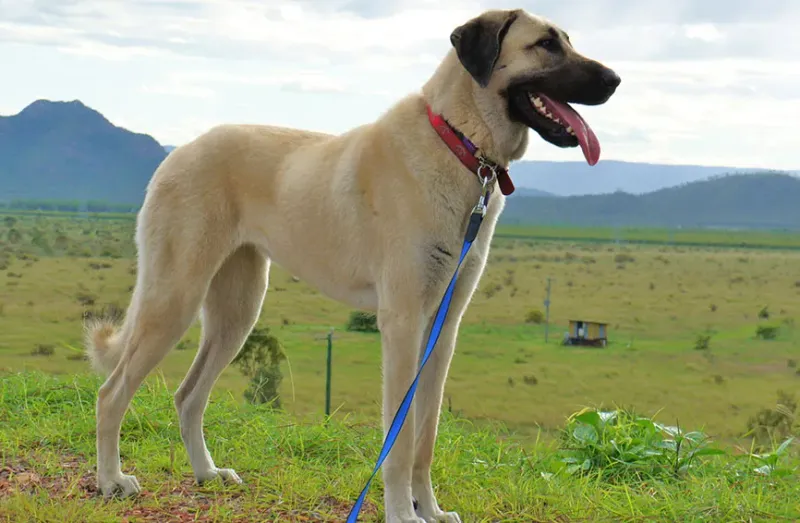
Training an Anatolian Shepherd requires consistency and respect for their independent nature. Positive reinforcement methods work best, encouraging cooperation through rewards.
Firm yet gentle guidance ensures they understand expectations without feeling oppressed. This balance fosters a bond based on trust and mutual respect.
Anatolian Shepherds have historically made decisions independently. Training should acknowledge their intelligence, using techniques that challenge them mentally and physically.
Health and Lifespan
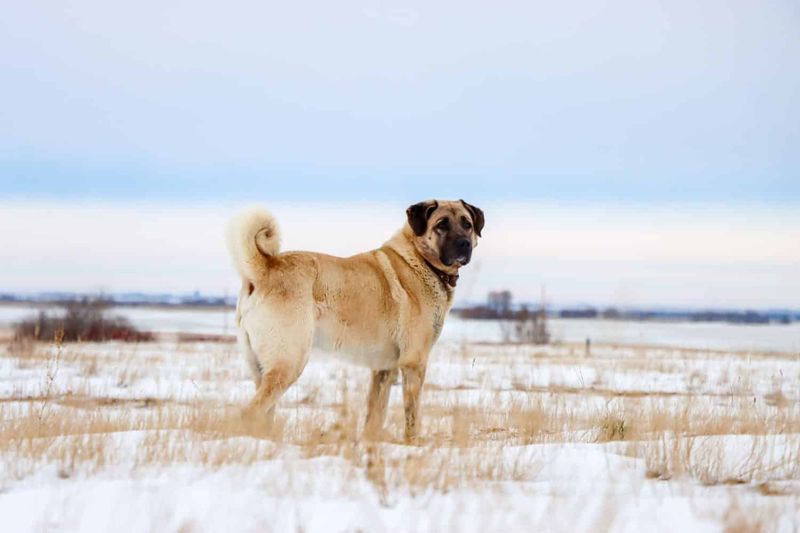
Maintaining an Anatolian Shepherd’s health involves regular vet check-ups and understanding breed-specific concerns. Common issues include hip dysplasia and thyroid problems, necessitating attentive care.
They typically enjoy a lifespan of 11 to 13 years, provided they receive proper healthcare and nutrition. Early detection of potential health issues is crucial.
Their historical role as robust working dogs reflects in their generally resilient health. However, responsible ownership involves proactive health management for a fulfilling life.
History and Heritage
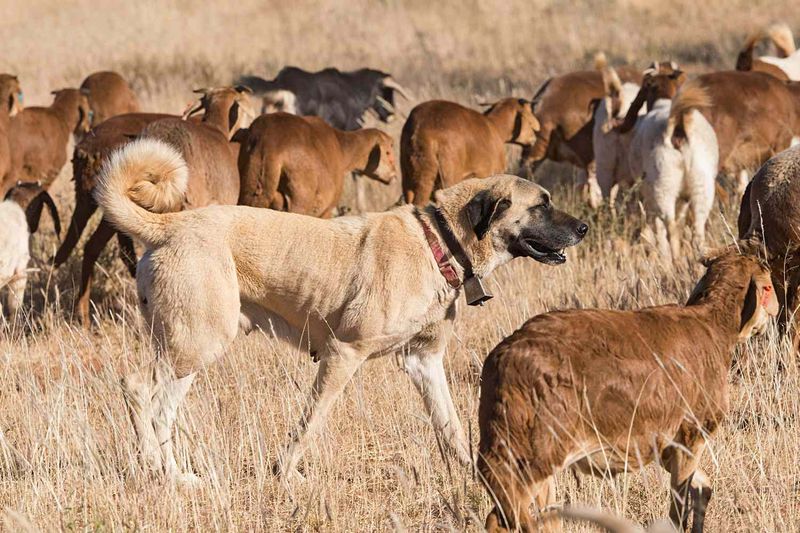
The Anatolian Shepherd Dog holds a storied place in Turkish culture, tracing back thousands of years. They are esteemed guardians of livestock, with deep-rooted traditions in rural communities.
Understanding their history provides insight into their behavior and needs. Their heritage as protectors shapes their instincts, requiring informed handling.
These dogs symbolize strength and loyalty in Turkey. For prospective owners, appreciating their past enriches the bond and respect shared with these magnificent animals.

